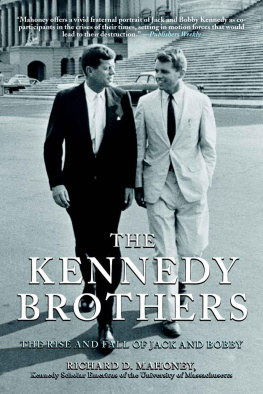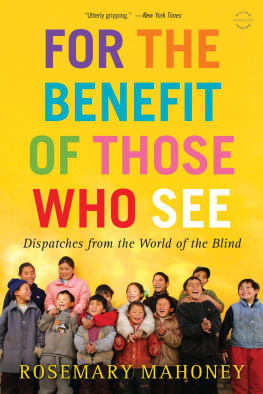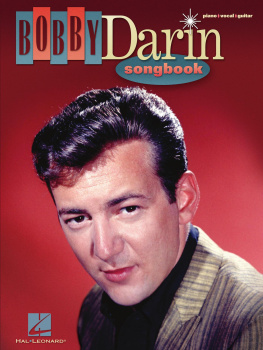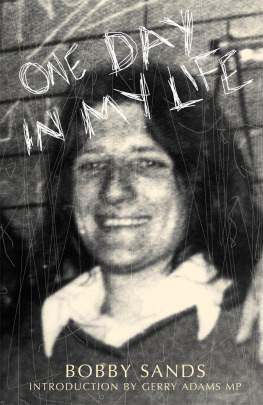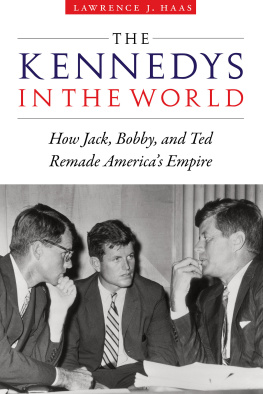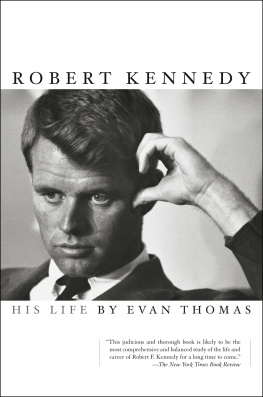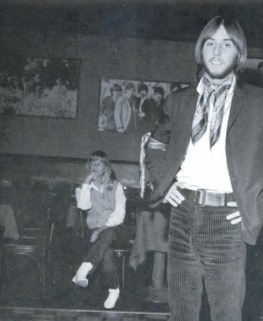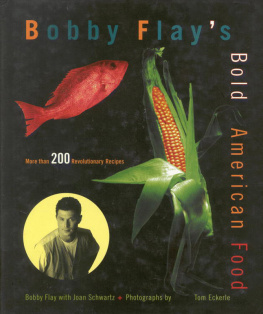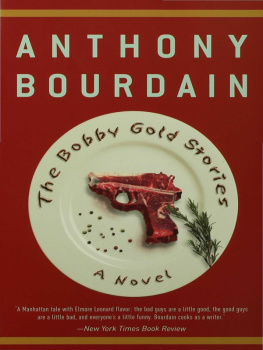Copyright @ 1999, 2011 by Richard D. Mahoney
The Kennedy brothers : the rise and fall of Jack and Bobby / Richard D. Mahoney. p. cm.
Originally published as: Sons & brothers, c1999.
Includes bibliographical references and index.
1. Kennedy John F. (John Fitzgerald), 1917-1963. 2. Kennedy Robert F., 1925-1968. 3. Presidents--United States--Biography 4. Legislators--United States--Biography. 5. Brothers--United States--Biography 6. United States. Congress. Senate--Biography 7. United States--Politics and government--1961-1963. 8. United States--Politics and government--1963-1969. 9. Kennedy family. I. Title.
But sometimes in the middle of the night, their wound would open afresh. And suddenly awakened, they would finger its painful edges, they would recover their suffering anew and with it the stricken face of their love.
Acknowledgments
M y association and friendship with the exceptional staff, past and present, of the John F. Kennedy Library have made this book possible. Megan F. Desnoyers, William Johnson, Suzanne K. Forbes, Jo August, Sheldon Stern, John Stewart, Alan Goodrich, Jim Cedrone, Dan Fenn, and William W Moss made the going bearable and, at points, even easy. They of course bear no responsibility for the result. My selection in 1987 as the John F. Kennedy Scholar by the Kennedy Library and the University of Massachusetts at Boston enabled me to do much of my research for this book.
I should also thank the staffs of the National Archives and Records Services, the Library of Congress, the FBI records office in Washington, D.C., the Adlai E. Stevenson Papers at Princeton University, the Chicago Crime Commission, and the Centro de Estudios Sobre America in Havana.
Among those who read portions of the manuscript along the way, made useful suggestions, and always encouraged to me to push on: Donavon Ostrom, Paul Erickson, Stanley Sheinbaum, Bill Gilliam, Chenoweth Moffat, Grant W. Johnson, Mary Jo West, and my sisters Noel Shambayati, Eileen Mahoney, and Mary Mahoney. My mother, Alice D. Mahoney, as always, provided criticism, insight, and the indispensable service of taking care of my daughter, Molly.
I should recognize others who went out of their way to assist me: Oliver Stone, Mayra I. Alvarado, Blas Casares, Andrew and Teresa Molander, Jorge Recarey, Eric J. Farber, Robert Scheer, Samuel E. Belk III, Ricardo Alarcn de Quesada, Peter McClennen, Samuel G. Vagenas, Kenneth and Katrina Carlsen, Paul Rosen-feld, Gene Fisher, and my teaching assistants at The American Graduate School of International Management, Thunderbird: Nozar Afkhami, Laura Wente, Elka Popova, Marilyn Edelman, and Mark A. Staehle. Each semester my foreign policy seminar students at Thunderbird gladly read portions of the manuscript, and they deserve recognition for what improvements they made.
Among Kennedy friends and lieutenants who were especially helpful: Dolores Huerta, Harris Wofford, Angela Novello, the late W. Averell Harriman, the late George W. Ball, the late Kenneth P. ODonnell, the late David F. Powers, the late Lord Harlech, the late Edmund A. Gullion, and the late Cesar Chavez. There are those in Havana and Miami for whom printed recognition would imperil their persons, but who provided information and guidance in this project. I thank them as well.
Without my fathers friendship with the Kennedys and his attentive support for each of his nine children, including myself, I would not have attempted this journey. Without the unusual skill and grace in execution of my editor, Timothy Bent, I would not have completed it.
Introduction
M y father was a friend of Robert F. Kennedy and an ambassadorial appointee of John F. Kennedy. He, and consequently the rest of our large Irish-American family, admired the Kennedys uncritically, a sentiment that was reinforced by the nature of their deaths. One of the last things Robert Kennedy did on June 5, 1968, in his suite at the Ambassador Hotel in Los Angeles before going downstairs to accept victory in the California primary was to make a list of friends he wanted to call when he got back to his room later that night. Among them was my father.
In March 1974, when I first went to the Federal Records Center in Waltham, Massachusetts, which then housed the Kennedy papers, I did so more in the manner of a pilgrim than a scholar. I was a member of the faithful, looking for evidence, even relics, of the blessed era. I would sit for hours in the poorly heated research room reading JFKs office files and the oral histories of RFKs brief run for the presidency six years earlier. I became friends with the late Dave Powers, then curator of the Kennedy Library, who had been Jack Kennedys best friend. I would often drop by his office in the late afternoon and listen to him tell stories about the Kennedy brothers, Jack in particular. The figures Powers evoked fit my familys conception of them men full of wit, charm, and purpose who, in those Watergate years, seemed nothing less than heroic.
Yet scholarship was beginning to offer a second, far harsher evaluation of the Kennedys. President Kennedy, some scholars charged, was responsible for bringing America into the nightmare of Vietnam. Other scholars claimed that Attorney General Robert Kennedy had, for reasons of political expedience, done the minimum on civil rights. I decided that I would take a look for myself at an area of the Kennedy record that had not yet been analyzed the Kennedy administrations policy in Africa, where I had spent part of my youth.
Over the years, I became a familiar figure to the staff of the Kennedy Library. Much of my first book, JFK: Ordeal in African, published by Oxford University Press in 1983, was based on what I found in the National Security Files, which the library staff had effectively declassified. Between 1974 and 1980, I also did 223 oral history interviews. These encounters opened doors that led to unexpected places. I remember a winter day in 1976 in Princeton, New Jersey. At the conclusion of an interview with the late George Ball, undersecretary of state during the Kennedy years, he invited me to have a look at his transcribed telephone conversations, about ten thousand in number. For three weeks, I read through those telephone conversations in Balls home, often leaving at daybreak and then returning a few hours later.
I was stunned by what they revealed. The picture they painted of the Kennedys was very different from the treasured anecdotes, those memorable and canonized speeches, or the top-secret memos covering policy options. What emerged first were traits common to powerful men expediency, calculation, and manipulation. But the transcriptions also revealed other qualities that were, I came to believe, unique to the Kennedys an icy wit, an awareness that they were players on a stage, and a capacity for growth nurtured by their constant collaboration. Depending on the conversation, they could be idealistic or Machiavellian, utterly conventional or suddenly imaginative, hot or cold. The Kennedy brothers seemed neither as grand and omniscient as the court histories that sprang up after the presidents assassination portrayed them, nor as cunning and shameless as later books, such as Seymour Hershs The Dark Side of Camelot , argued. They were both self-creative and self-destructive.

